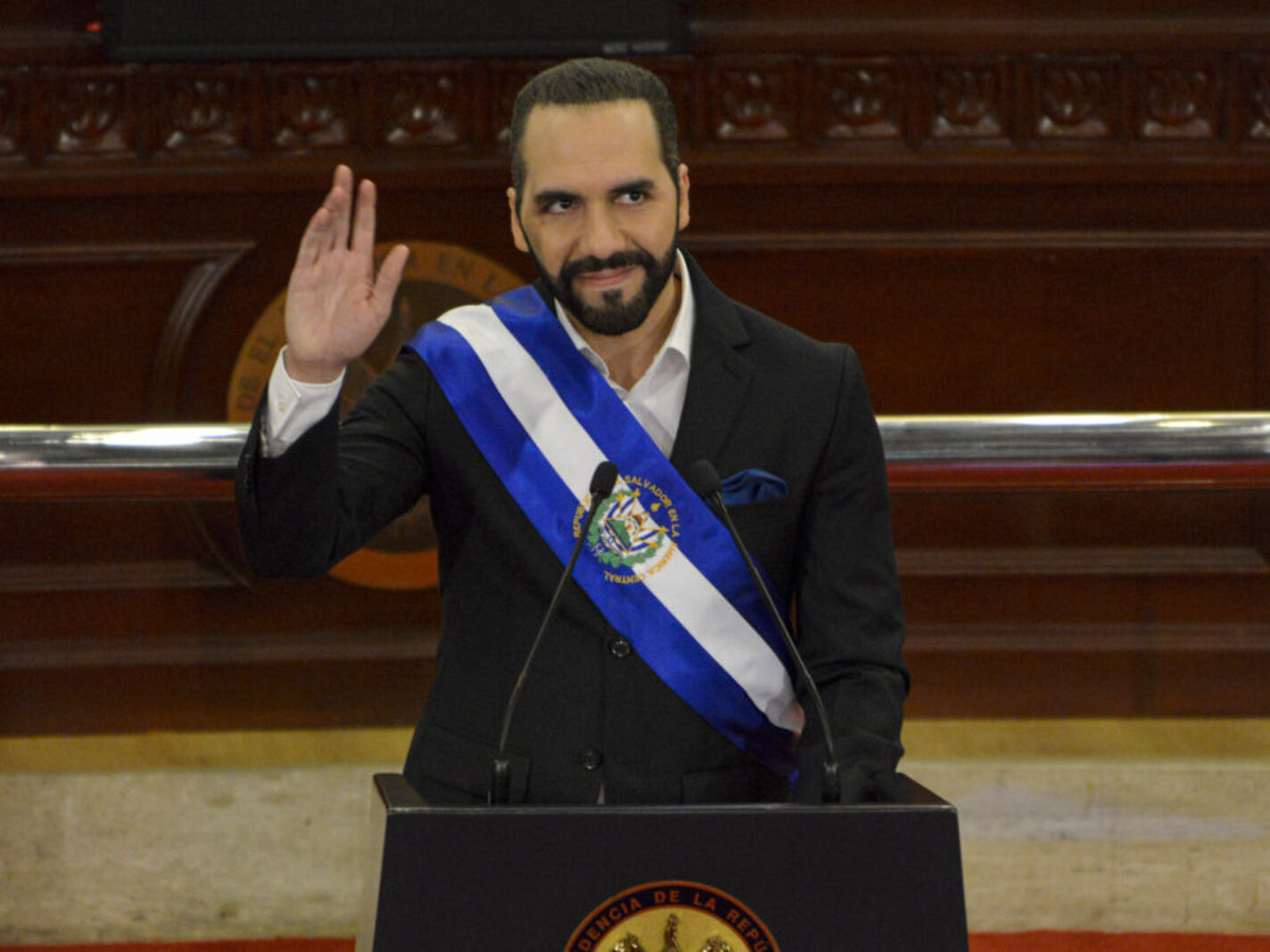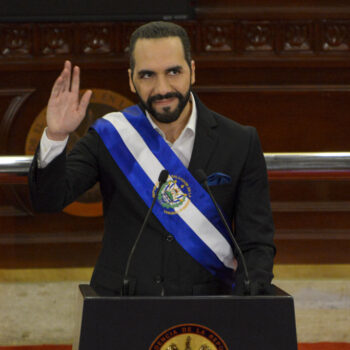Despite the constitution of El Salvador not allowing presidents to serve consecutive terms, President Nayib Bukele announced on Thursday (September 15) that he would run for re-election before his current term ends in 2024.
“I’m announcing to the Salvadoran people that I’ve decided to run as a candidate for president of the republic,” Bukele said in a speech on El Salvador’s Independence Day.
Late last year, El Salvador’s Supreme Court ruled that Bukele, who once referred to himself as a dictator, would be permitted to run for a consecutive five-year term. The judges who made the ruling were appointed by members of Bukele’s party earlier this year after the prior ones were removed.
Before Bukele announced his plans to run for re-election, Jean Manes, former U.S. Ambassador to El Salvador, said the decision of the country’s Supreme Court was “clearly contrary to the Salvadoran constitution” and that it was attempting to “undermine judicial independence” with its ruling.
“This decline in democracy damages the bilateral relationship between the United States and El Salvador, and the relationship that we’ve had for decades and want to maintain,” she said.
During the first three years of his administration, Bukele has held a high approval rating by decreasing the murder rate by more than 50 percent during his first year in office, according to Reuters, which Bukele attributes partly to an increase in law enforcement monitoring the streets. Some believe the drop in crime is a result of secret deals brokered between the government and gang leaders.
With Bukele running again, countries like the United States worry that changing El Salvador’s presidential terms is a sign of Bukele’s authoritarian nature, especially since he has already shown to be a controversial figure with some of the decisions that he’s made about anti-corruption efforts supported by the United States.
Jose Miguel Vivanco, executive director of the Americas division of Human Rights Watch, called the recent announcement from Nayib Bukele “absolutely predictable” and referred to him as the “new [Hugo] Chavez.”




